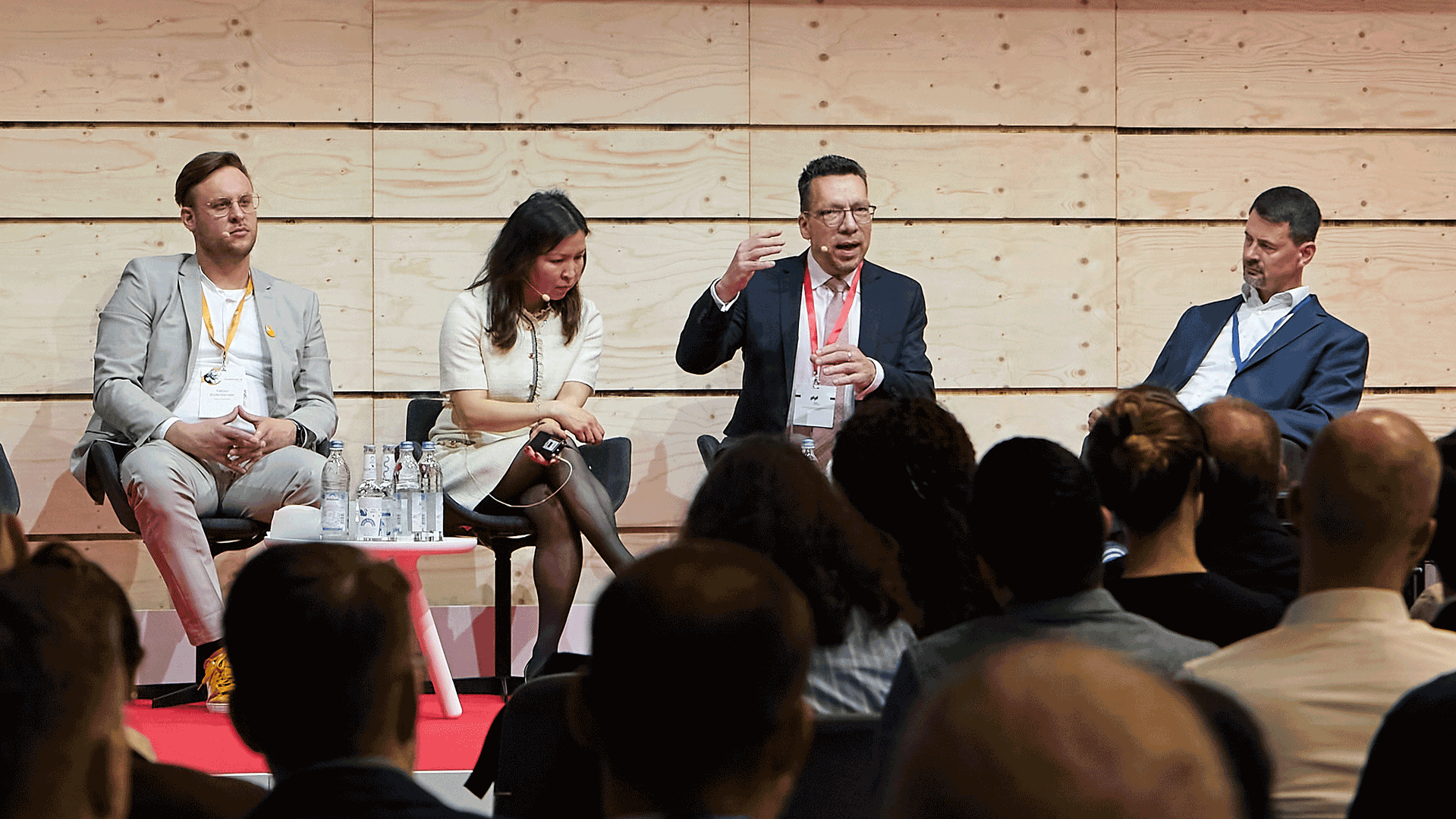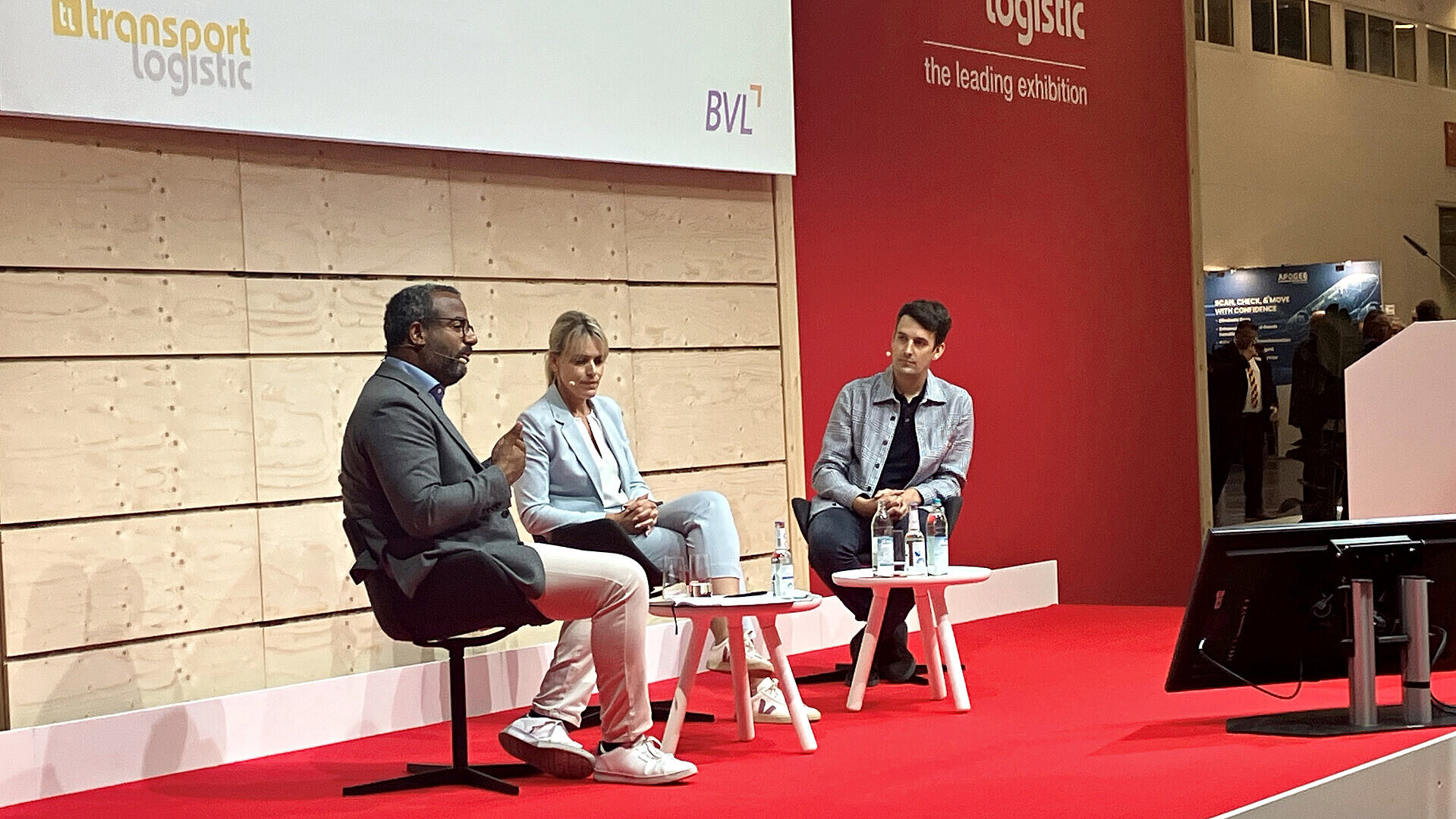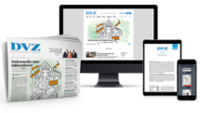
Data integration as the key to resilient logistics

The coronavirus pandemic, the blocked Suez Canal, the war in Ukraine and now Trump’s tariffs: have global crises changed the relationship between logistics service providers and industrial companies? This question was addressed in a discussion organised by the German Association for Materials Management, Purchasing and Logistics under the title ‘Strategic freight procurement in times of disruptive events’.
Prof. Michael Huth from Fulda University of Applied Sciences defined disruptions as surprising events with a significant impact on a company, which have a cascading effect on upstream or downstream companies in the value chain and take on such a large dimension that they cannot be managed by individuals alone. Against this backdrop, business relationships with transport and logistics partners have become considerably more intensive, reports Aigul Zahlgassova, who is responsible for transport management at one of Siemens Digital Industries’ largest logistics centres.
‘Crises bring us closer together in the supply chain,’ she said, describing the effect of costly disruptions. That is why Plan B is just as important as Plan A today, and flexibility is ‘a practical necessity, not just a theoretical one,’ Zhalgassova continues. The group, which bundles its strategic freight purchasing, is therefore examining how broadly its service providers are positioned and whether they have expertise in other modes of transport and perhaps even warehousing.
Contingency plans and service provider checks
This approach was praised by university lecturer Huth, who conducted a study on risk management and resilience for the BME. He said that strategic approaches such as developing contingency plans or reviewing service providers are just as important as a methodical approach with systematic risk management. This includes identifying, analysing and evaluating risks, as well as developing and reviewing alternatives.
Fabian Bodenbender, Head of Sales Central Europe at Transporeon, a transport management platform belonging to the US technology group Trimble, named real-time data, which can be used to identify the scale of the crisis, and smartphones as access resources for active crisis management as key tools that enable companies to better protect themselves against unforeseen events.
‘What wears you down is the uncertainty,’ Zhalgassova also confirmed. Transparency and communication are the most important tools for finding solutions. ‘Without data and facts, we can’t make decisions,’ she emphasised. That is why Siemens has been using a digital end-to-end application for two years that systematically scans risks in its suppliers’ regions and is closely linked to crisis management.
Communication with service providers has also changed significantly during the crisis. ‘We talk to each other a lot, not chaotically, but in a systematic structure,’ she says, describing the approach. Monthly discussions focus on performance, which is reviewed jointly on the basis of the 20 most important key figures. ‘In times of crisis, such as when Trump’s tariffs were introduced, exchanges take place much more frequently,’ she emphasised.
‘Costs are still king’
Transporeon manager Bodenbender has determined that companies have recognised the importance of data maintenance, for example of the dimensions and weights of articles. Motion data is now also thoroughly analysed and can thus serve as a basis for freight purchasing projects. ‘Costs are still king,’ he admitted. However, companies are making their tendering processes transparent and now practise open communication with their service providers; hierarchical differences are handled very transparently. ‘Both partners need the freedom and willingness to regularly examine alternatives,’ he emphasised.
Above all, the lessons learned from the coronavirus pandemic have led to improvements in the resilience of inbound and outbound processes, reported Professor Huth from the BME study. Of 12 success factors, the willingness to adapt to crises, trust, transparency, close cooperation and flexibility are particularly important for this goal. Zhalgassova supported this view: ‘Everyone involved must be clear about what needs to be done,’ she urged. A spirit of partnership is essential. ‘People make the decisions, both in companies and among service providers,’ she warned, adding: ‘If they are afraid that their skills are not up to the task, all structures are useless.’ (loe)



